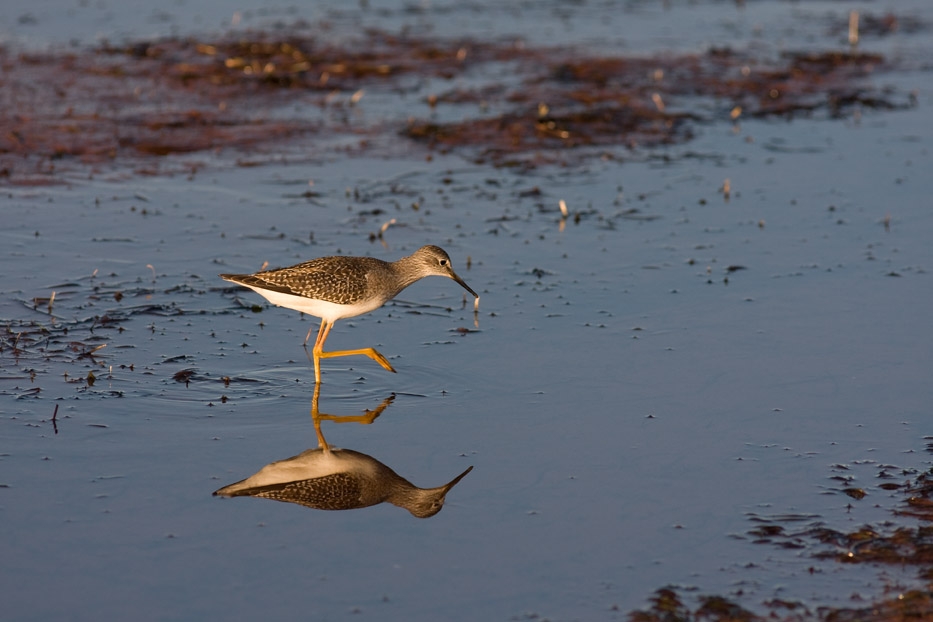Milestone land gift sees Northumberland Strait island and salt marsh donated for conservation
News release
October 21, 2020 – Upper Cape, New Brunswick
A large salt marsh and forested island on the Northumberland Strait has been donated to the Nature Conservancy of Canada (NCC) as wildlife habitat.
Glen Campbell and his wife, Jane-Anne Campbell, donated the 58-hectare (142-acre) island and salt marsh to NCC through the Government of Canada’s Ecological Gifts program. The new Ephraim Island Nature Reserve is 15 kilometres southwest of Confederation Bridge and the Cape Jourimain National Wildlife Area.
The Campbells purchased the island in 2001 as it was being subdivided for cottage lots, in order to prevent the natural habitat from being destroyed.
The donated land also marks a conservation milestone in Canada, as the 1500th completed ecological gift. Administered by Environment and Climate Change Canada since 1995, the program provides a way for Canadians with ecologically sensitive land to protect nature and leave a legacy for future generations, while receiving enhanced tax benefits. Many of these ecological gifts contain areas designated as being of national or provincial significance, and many are home to some of Canada’s species at risk.
About seventy per cent of the Ephraim Island Nature Reserve is made up of salt marsh, a type of wetland deemed provincially significant in New Brunswick because of its value for many species, especially shorebirds. This project also protects vital wildlife habitat in a coastal area increasingly under pressure for cottage development. It is located on the Atlantic flyway, a major North American migration route.
An estimated 65 per cent of the Maritimes’ salt marsh habitat has been lost to coastal development in the past 300 years. The region’s remaining undisturbed salt marshes are high-priority areas for conservation because they provide rich habitat for many species, particularly shorebird species that are threatened or experiencing declining populations.
Many species of shorebirds and other migratory birds including great blue heron, willet (a provincially rare shorebird), black duck, green-winged teal, greater yellowlegs, semipalmated sandpiper and semipalmated plover, rely on the salt marsh and surrounding habitat. Rare plants, such as salt marsh sedge, skunk cabbage and checkered rattlesnake plantain, thrive in the nature reserve.
In addition to the land donation through the Government of Canada’s Ecological Gifts Program, support for this conservation project was provided by the U.S. Fish and Wildlife Service and the Crabtree Foundation. Glen and Jane-Anne Campbell also contributed to NCC’s Stewardship Endowment Fund to support the long-term management of conserved lands in New Brunswick.
Quotes
“Many years ago my wife and I came across a beautiful New Brunswick island and salt marsh which were about to be developed for cottages. We were determined to keep it wild forever so we bought the land to protect it. It has been very satisfying to work with the Nature Conservancy of Canada and to achieve this: a permanent nature reserve and safe haven for shorebirds and wildlife.”
— Glen Campbell, land donor
“We are thrilled to have protected this coastline and salt marsh for the many types of migratory birds and other wildlife that depend on it. We are very grateful to Glen and Jane-Anne Campbell, as well as the Government of Canada, Crabtree Foundation and U.S. Fish and Wildlife Service for helping ensure this beautiful coastal area will always remain natural and a refuge for wildlife.”
— Paula Noel, New Brunswick Program Director, Nature Conservancy of Canada
“A special thank you to Glen and Jane-Anne Campbell for this donation of 58 hectares of land through our Ecological Gifts Program. This donation marks an important milestone as the 1,500th ecological gift, and this land will now be conserved for generations to come. We are proud to work with donors like the Campbell family and recipient partners like the Nature Conservancy of Canada on conservation projects like this one, that help us work toward our goal of conserving a quarter of Canada’s land and a quarter of its oceans by 2025.”
— The Honourable Jonathan Wilkinson, Minister of Environment and Climate Change
Learn More
The Nature Conservancy of Canada (NCC) is the nation’s leading not-for-profit, private land conservation organization, working to protect our most important natural areas and the species they sustain. Since 1962, NCC and its partners have helped to protect 14 million hectares (35 million acres), coast to coast to coast, including 32,845 hectares (81,163 acres) of ecologically significant land in Atlantic Canada. To learn more, visit natureconservancy.ca.
This property was donated through the Government of Canada’s Ecological Gifts Program, which provides enhanced tax benefits for individuals or corporations donating ecologically significant land. To learn more about the Ecological Gifts Program, please visit: www.canada.ca/ecological-gifts
Learn More
Follow us on Twitter: twitter.com/NCC_CNC | twitter.com/NCC_CNCMedia
Find us on Facebook
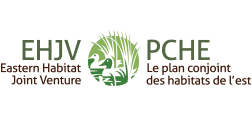
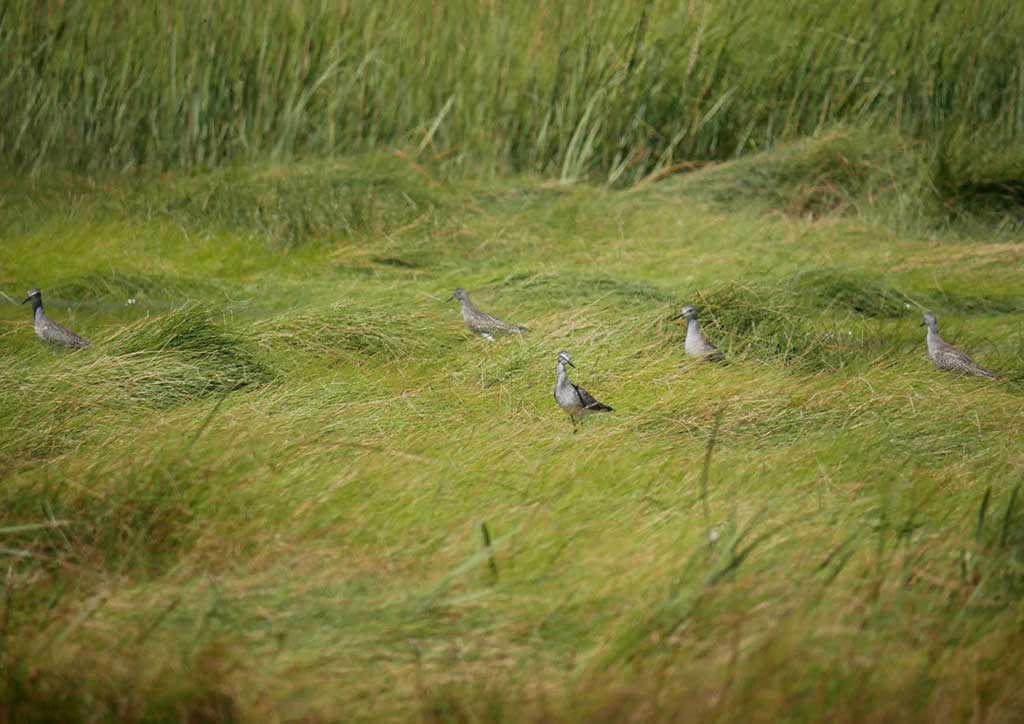


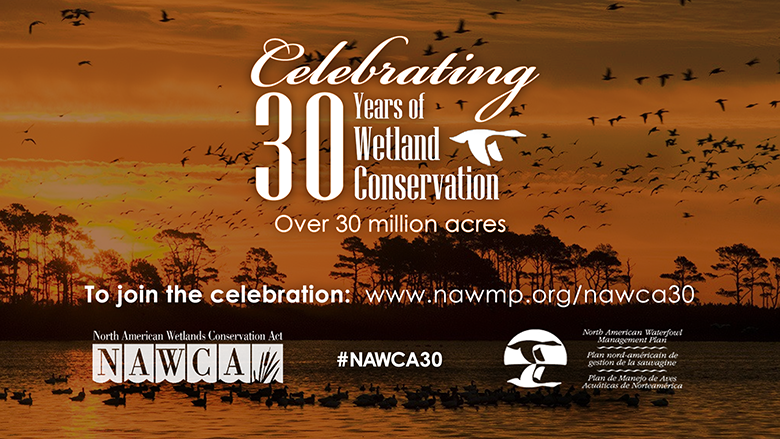 www.nawmp.org/nawca30
www.nawmp.org/nawca30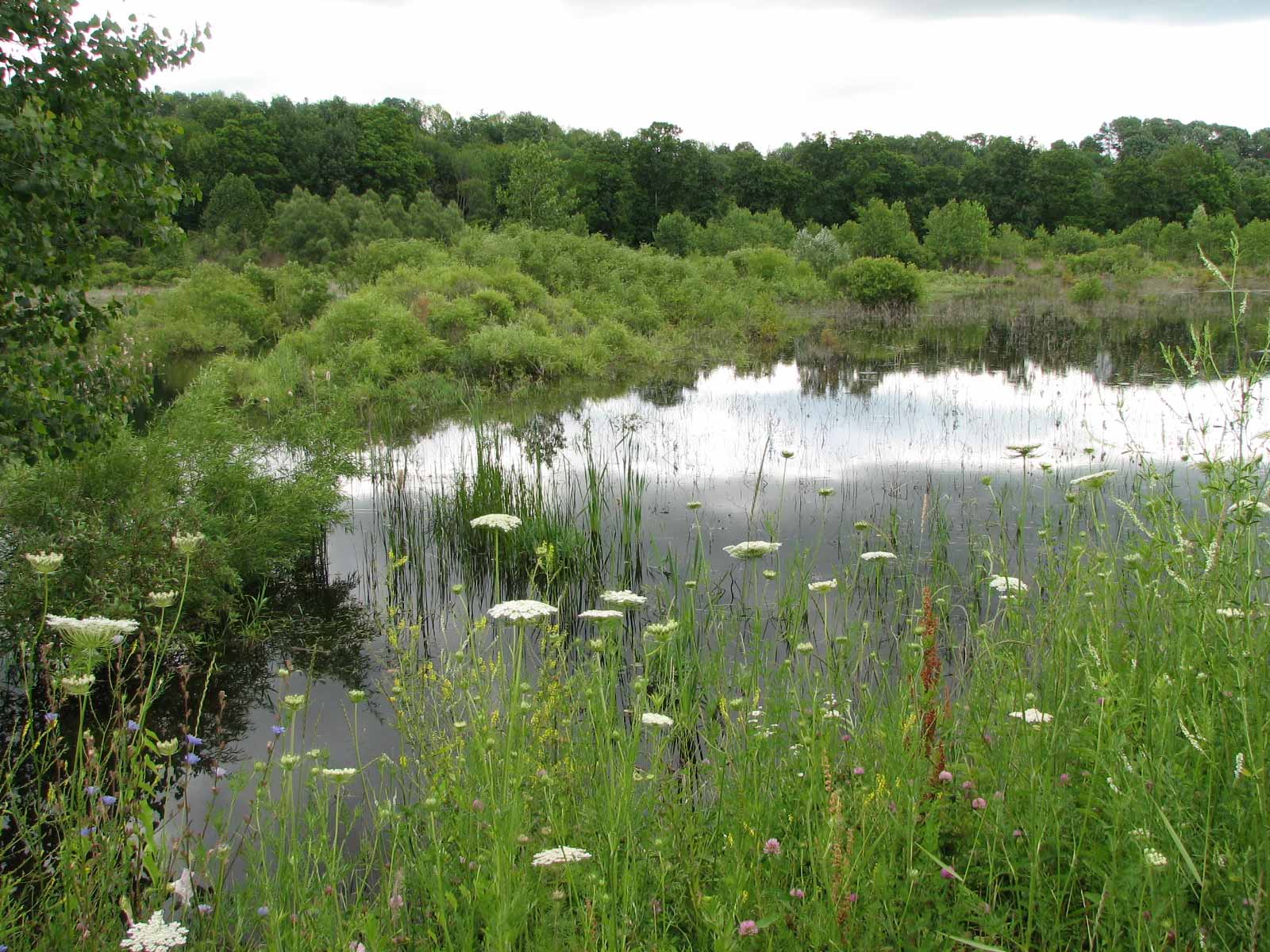 David McLachlin
David McLachlin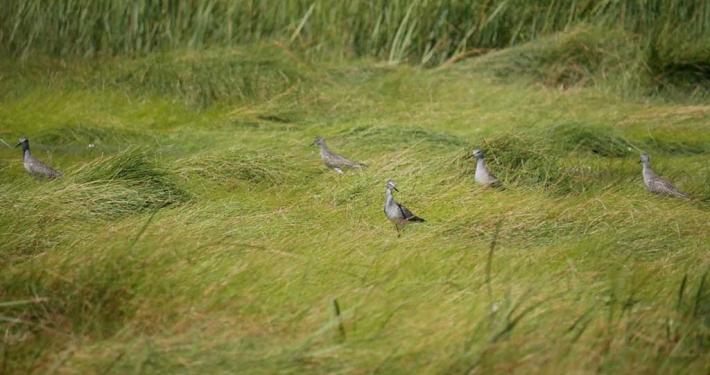 © NCC
© NCC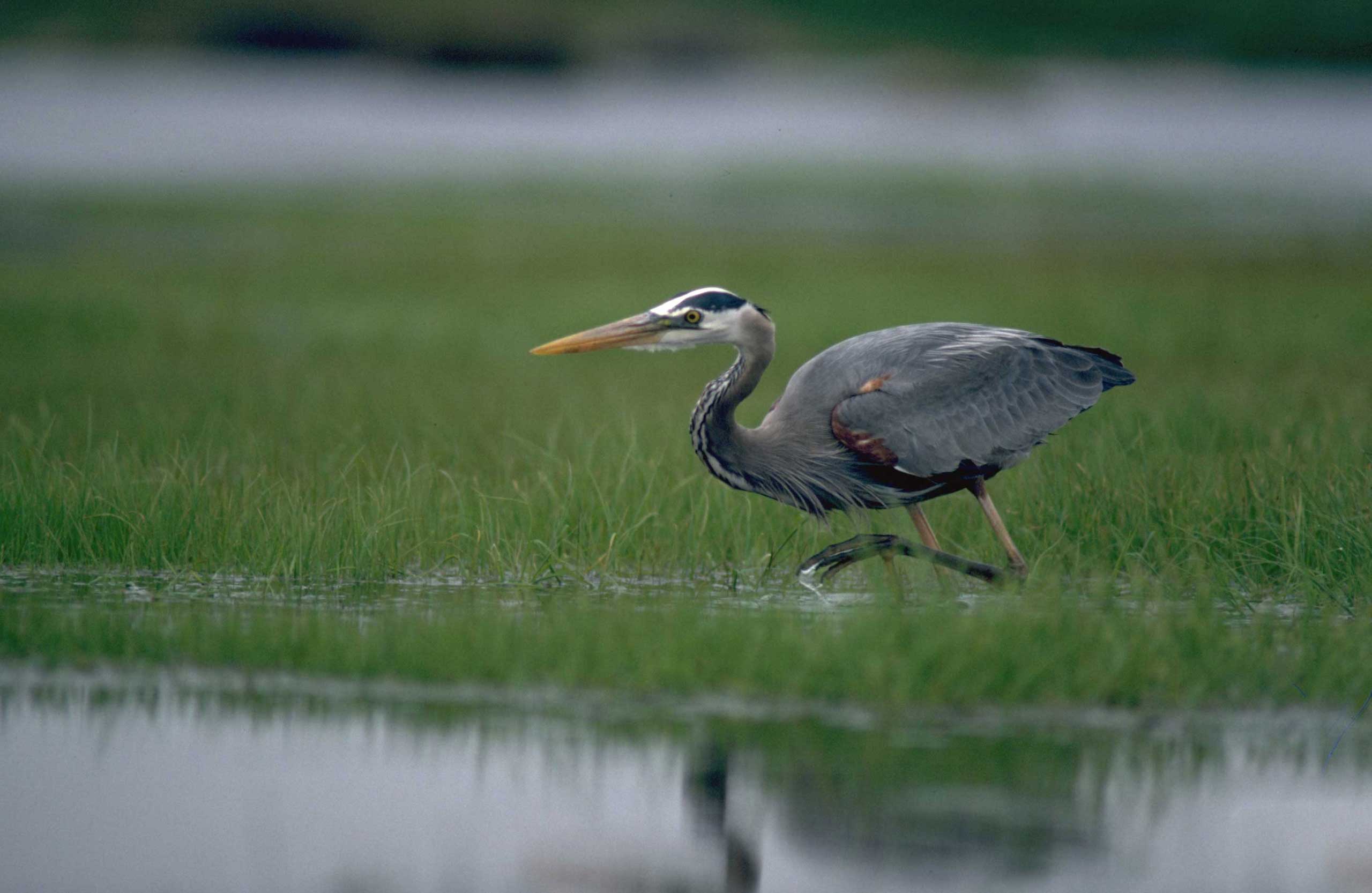 Ducks Unlimited Canada
Ducks Unlimited Canada